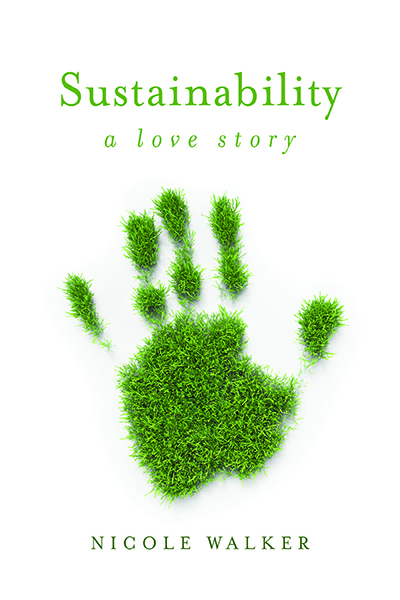
Nicole Walker, Sustainability: A Love Story, Ohio State University Press, 2018.
Jill and her husband, Chuck, were Flagstaff icons. Jill delivered half of the people's babies. Chuck played music for those babies when they grew up and attended sing-alongs at the library. He played guitar at the Hullaballoo and guitar at the Concert in the Park. He hosted sing-alongs and bonfires and they both were featured at the Viola Awards in 2013. I saw them there. They told me they were moving to Portland.
...
They moved to Portland because Jill would have whole days off. Whole lives without on-call shifts. Chuck could move beyond the local festivals and libraries, play big shows in the bit city. [131-132].
COMMENT
This is both a library success and a library failure told in practically the same breath. Sing-alongs at the library are part of building a resilient community, but Chuck, the musician, can't make a living doing it. His ambition to have a musical career is incompatible with volunteering time at local festivals and libraries. When he decides to move away, the community resiliency of Flagstaff is eroded in order to fortify an already vibrant musical scene in Portlandia.
Several other library stories view the library similarly as a second-rate stop-gap for things like Internet access, [1] government assistance, [2] or a social support network. [3] It's a downside to the the library's model of sharing-- things seem to be free that are not really free. Deserving artists don't always get paid. Compromises and inconveniences necessitated by sharing space and resources come to seem like deal-breakers.
One lesson from this story is that librarians should be mindful to support local artists and performers by hosting readings and performances that give them a chance to sell books and recordings. The Salt Lake Public Library, which has long had a local music collection,. has set up a website called Hear Utah Music (HUM) that streams a curated collection of songs by Utah artists in order to help support the local music scene. Maybe this collection will help draw bigger audiences which the bands play a gig so the musicians don't have to move to Portland to live their dream.
[3] Baby Center
